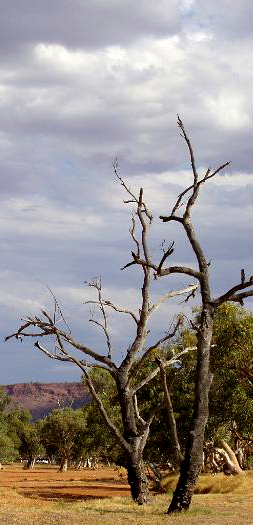Water Act changes force more reporting
 The Northern Territory Government has moved to include the mining, oil and gas sectors under the regulations of the Water Act.
The Northern Territory Government has moved to include the mining, oil and gas sectors under the regulations of the Water Act.
The move is designed to counteract community anger that arose under draft water management plans in 2009.
In the case of the Katherine Tindal aquifer, the 2009 deal saw room made for water users in the environment, cultural, agriculture, aquaculture, industry and rural stock categories, but mining was left out.
It means that mines have been able to extract unlimited amounts of water without an allocation plan, until now.
“Up until now, mining oil and gas activities have been excluded from consideration under section seven of the Water Act,” Minister for Land Resource Management Wilem Westra van Holthe said this week.
“Even though these types of activities have previously been excluded from consideration, they are all still taken into account by the water controller.
“If there are water allocation plans already declared and mining activity starts within the areas affected ... we'll have to clearly look at how much water can be allocated to those operations.”
The NT Farmers Association welcomed the move.
“The Northern Territory has a finite water resources,” Farmers Association CEO Shenal Basnayake told the ABC.
“The majority, for example in the farming sector, derive their water from underground sources.
“We need to make sure that the allocations allowed for these other types of activities also take into account what's required by the agriculture sector.”
Water allocation plans have been set up for Katherine, Ti Tree and Alice Springs, with reports stating that Berry Springs, Oolloo and Mataranka are on the way.
But farmers say there is still a lack of information on the changes from the NT Catchment Advisory Committee, which was established in 2014 to replace local water committee groups.








 Print
Print